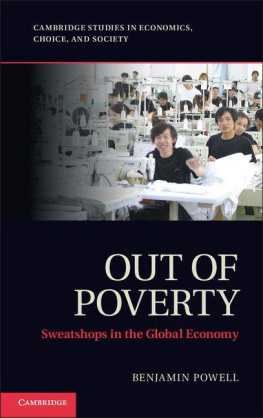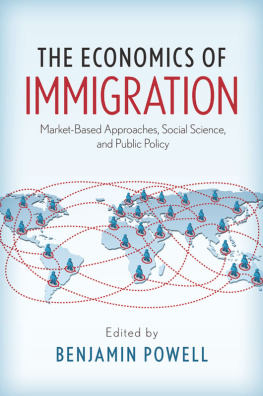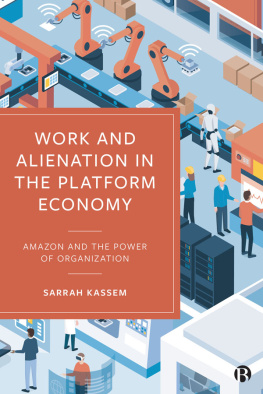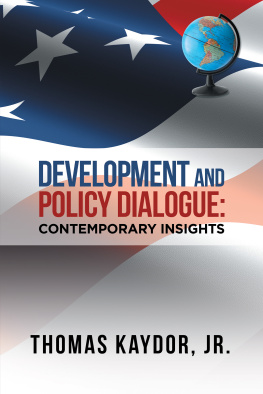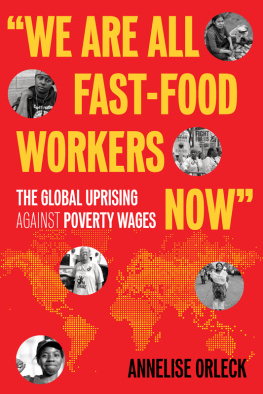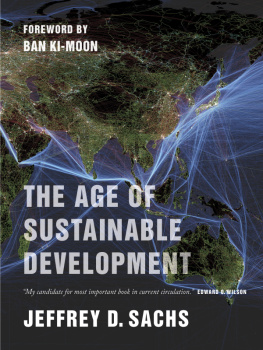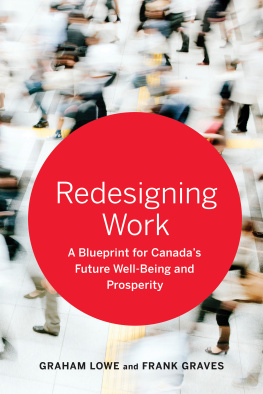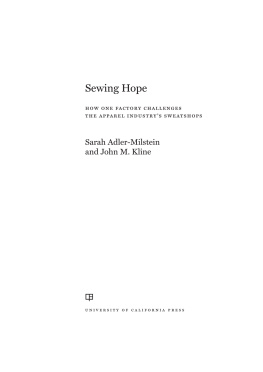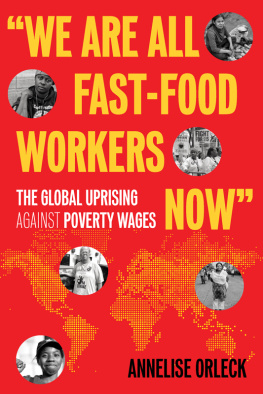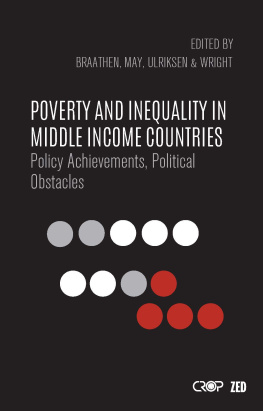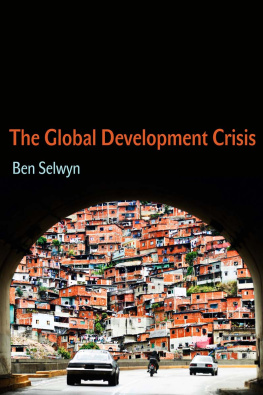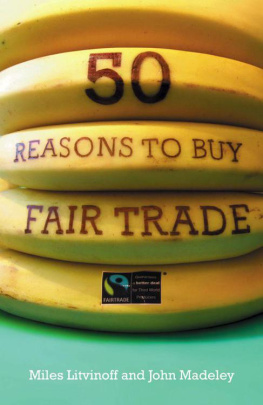Out of Poverty
This book provides a comprehensive defense of Third World sweatshops. It explains how these sweatshops provide the best available opportunity to workers, and how they play an important role in the process of development that eventually leads to better wages and working conditions. Using economic theory, the author argues that much of what the anti-sweatshop movement has agitated for would actually harm the very workers they intend to help by creating less-desirable alternatives and undermining the process of development. Nowhere does this book put profits or economic efficiency above people. Improving the welfare of poorer citizens of Third World countries is the goal, and the book explores which methods best achieve that goal. Out of Poverty will help readers understand how activists and policy makers can help Third World workers.
BENJAMIN POWELL is the Director of the Free Market Institute at Texas Tech University and a Visiting Professor in the Rawls College of Business. He is a past president of the Association of Private Enterprise Education and a Senior Fellow with the Independent Institute. Professor Powell is editor of Making Poor Nations Rich: Entrepreneurship and the Process of Development (2008) and coeditor of Housing America: Building Out of a Crisis (2009). He is the author of more than fifty scholarly articles and policy studies. His primary fields of research are economic development, Austrian economics, and public choice. Dr. Powells scholarly research on sweatshops has been published in Comparative Economic Studies , the Journal of Labor Research , Human Rights Quarterly , and the Journal of Business Ethics . His research findings have been reported in more than 100 popular press outlets, including the Wall Street Journal and the New York Times . He received his PhD in economics from George Mason University.
Cambridge Studies in Economics, Choice, and Society
Founding Editors
Timur Kuran
Duke University
Peter J. Boettke
George Mason University
This interdisciplinary series promotes original theoretical and empirical researchas well as integrative syntheses involving links between individual choice, institutions, and social outcomes. Contributions are welcome from across the socialsciences, particularly in the areas where economic analysis is joined with otherdisciplines, such as comparative political economy, new institutional economics,and behavioral economics.
For a list of titles published in the series, please see .
Out of Poverty
Sweatshops in the Global Economy
Benjamin Powell
Texas Tech University
32 Avenue of the Americas, New York, NY 10013-2473, USA
Cambridge University Press is part of the University of Cambridge.
It furthers the Universitys mission by disseminating knowledge in the pursuit of education, learning, and research at the highest international levels of excellence.
www.cambridge.org
Information on this title: www.cambridge.org/9781107688933
Benjamin Powell 2014
This publication is in copyright. Subject to statutory exception and to the provisions of relevant collective licensing agreements, no reproduction of any part may take place without the written permission of Cambridge University Press.
First published 2014
Printed in the United States of America
A catalog record for this publication is available from the British Library.
Library of Congress Cataloging in Publication Data
Powell, Benjamin, 1978
Out of poverty : sweatshops in the global economy / Benjamin Powell,
The Free Market Institute, Texas Tech University.
pages cm. (Cambridge studies in economics, choice, and society)
Includes bibliographical references and index.
ISBN 978-1-107-02990-3 (alk. paper)
1. Sweatshops. 2. Anti-sweatshop movement History. 3. Economic
development Moral and ethical aspects. I. Title.
HD2337.P694 2014
331.256dc23
2013043747
ISBN 978-1-107-02990-3 Hardback
ISBN 978-1-107-68893-3 Paperback
Cambridge University Press has no responsibility for the persistence or accuracy of URLs for external or third-party Internet Web sites referred to in this publication and does not guarantee that any content on such Web sites is, or will remain, accurate or appropriate.
Contents
Figures
Tables
Acknowledgments
My first debt for this book is owed to David Skarbek. Now a lecturer at Kings College London, he was an undergraduate student in an international economics class I taught at San Jose State University in 2004. He approached me with a desire to write a term paper that we might jointly turn into a scholarly journal article. I suggested working on an empirical investigation of sweatshop wages. We eventually published the paper that evolved out of that project in the Journal of Labor Research . It was my first sweatshop-related research.
That initial research led to many invitations to give public lectures about sweatshops. I have given lectures to, or participated in debates in front of, civic groups, professional associations, and, mostly, college and university student groups. I resist the urge to try to name each audience I have lectured to about sweatshops because I will surely leave some out. It now numbers at least scores and probably somewhere in the hundreds. This book is a direct result of the public lectures and the feedback I received at them. In the course of my lectures I found myself addressing more and more aspects of sweatshops that went beyond topics I had been able to address in scholarly journal articles. Ultimately, I decided that it was time to write a book on the topic that could more fully elaborate the points I was making in my lectures. I am indebted to the students and faculty members who helped to arrange these many lectures and the participants, both hostile (and there were many of them) and sympathetic, who provided feedback over the last decade.
Although most of this book is new work, it does draw on my prior research. Im indebted to coauthors Matt Zwolinski, J. R. Clark, and David Skarbek for their contributions to that research.. Im also grateful that the editors of the Journal of Business Ethics , Comparative Economic Studies , the Journal of Labor Research , and Human Rights Quarterly all saw fit to publish my research on sweatshops.
Im grateful to the Earhart Foundation for financial support that allowed me to write much of this book over the course of two summers. I thank Nicolas Cachanosky, Rick Weber, Tylor Orme, Rosolino Candela, and Audrey Redford, who provided valuable research and manuscript preparation assistance over the course of this project while they were working as my graduate assistants at Suffolk University. And I thank Linley Hall who provided valuable editorial assistance.
Im grateful that Cambridge University Press senior editor Scott Parris and series editors Timur Kuran and Peter J. Boettke believed in this project from the beginning and encouraged me to pursue it. I also thank Kristen Purdy, who replaced Scott, and her staff for seeing the project through to completion, and I thank David Theroux and Roy Carlisle who were able to involve the Independent Institute in the publication of this book. I also thank two of the three anonymous Cambridge University Press reviewers for valuable feedback on the first half of the manuscript. Im indebted to Jeffery Rogers Hummel for providing valuable feedback on the historical chapter in this book and to Matt Zwolinski and Mark LeBar for helping me avoid saying anything (hopefully) that philosophers would consider stupid in the chapter on ethics. The greatest thanks go to David Skarbek and Josh McCabe, who read the entire manuscript and provided valuable feedback that often substantially altered my presentation of the material.

